The Argentine economy has had a roller-coaster ride over the last two decades with a boom and bust cycle which has included near-calamities such as default and devaluation.
During and after the last really big crisis which started in 2002, companies crashed into bankruptcy – in some cases the owners literally ran away. Workers took over abandoned factories, kept them running, and sought to turn them into viable cooperative enterprises under the slogan “occupy, resist, produce”. At the last count in 2010 there were at least 280 “˜recovered enterprises’ operating as cooperatives.
How are these and other social enterprises working today? To answer that question, Sumak Travel has set up a one-day pilot project of field visits in Buenos Aires. Visitors are accompanied by guides and are given first hand, on the spot accounts of the selected community initiatives. The one-day tour starts out at the Hotel Bauen, which was one of the first and most emblematic takeovers, and is now run as a cooperative venture. Members of its management explain how the workers – after a struggle with the former owners – successfully took control and saved the hotel from bankruptcy, allowing it to become a symbol for the recovered enterprises movement. Staff from The Working World / La Base, a solidarity-based finance organisation, are also involved in the presentation. The Working World provides non-collateral based loans to co-operatives, and recovered enterprises make up about half of their portfolio.
Then we leave the city centre. First stop is the Fatima School and Workshop, which started out more than ten years ago teaching sewing and soldering to unemployed youngsters, and is now a thriving vocational skills community enterprise. Nuestras Huellas, a network of over 120 non profit-making communal banks created at neighbourhood level and mainly run by women, is another selected grass-roots initiative on the itinerary. Participants are able to visit one of the communal banks, share empanadas (pasties) and mate (a tea-like herbal infusion) with its members, and learn first hand how this scheme is improving the lives of thousands of people.
Back in Buenos Aires, last stop is the Silataj Foundation fair trade boutique, where you can find beautiful and authentic handicrafts hand made by indigenous peoples from Northern Argentina.
All monies paid for the visits go towards the development of the projects, creating a complementary source of income that can be helpful in difficult times. Early indications are that the pilot is proving very successful. The social entrepreneurs involved have told us they find it incredibly motivating to explain what they have achieved to interested foreign visitors. As one of the entrepreneurs put it: “I think we were able to give them a bigger picture of today’s Argentina, not just the sealed pack of tourist postcards that people often get”.
—–
This is one of a series of short blogs that Sumak Travel are posting with friends and partners in support of World Responsible Tourism Day (November 6th). The goal is to feature great local, responsible tourism initiatives in South America.

